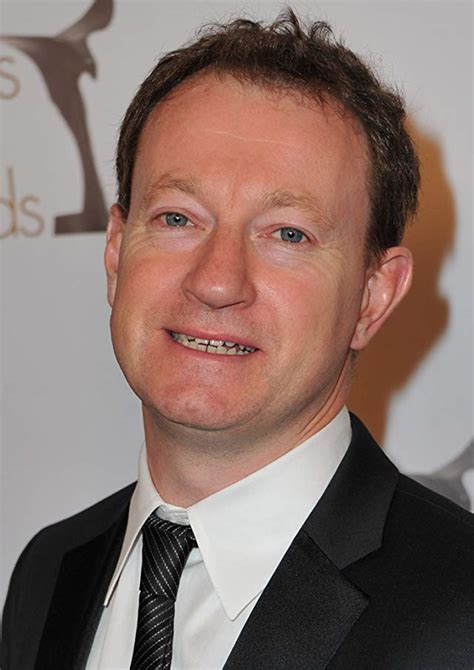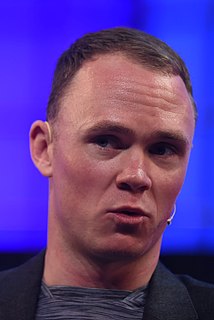A Quote by Morten Tyldum
'The Imitation Game' is a very British film.
Related Quotes
I loved making The Imitation Game and it's really gratifying to hear the audience's response to the character that I play. It was just a little thing that I did because I really liked the film and I liked Benedict [Cumberbatch] and I loved Morten's [director Morten Tyldum] previous film, Headhunters. For me, it was something I did thinking, "Wow, this is a lovely quality piece of work."
I grew up in a very British family who had been transplanted to Canada, and my grandmother's house was filled with English books. I was a very early reader, so I was really brought up being surrounded with piles of British books and British newspapers, British magazines. I developed a really great love of England.





































